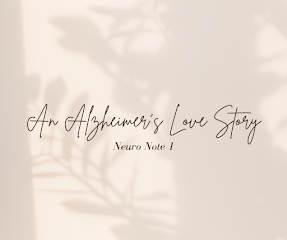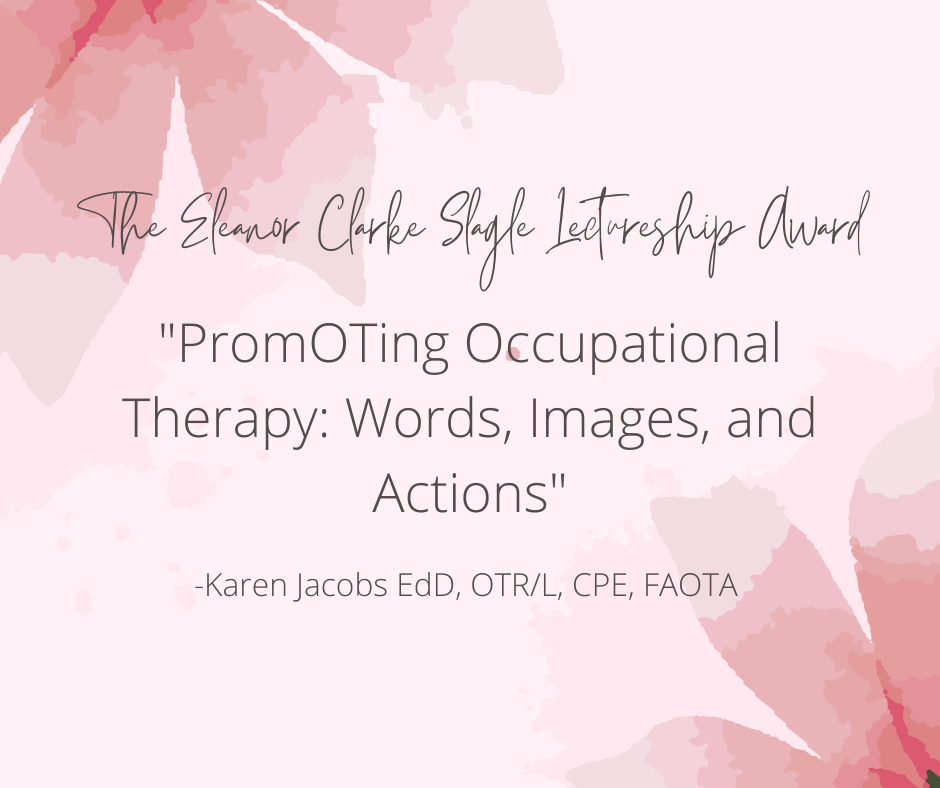Neuro Note 1: An Alzheimer's Love Story
Alzheimer's is a type of dementia that attacks the brain and results in impaired functioning, especially with factors including memory, thinking, and behavior. I have always heard about Alzheimer's and associated it with memory loss, but I have never met anyone or have anyone in my family who has it. I've always wanted to expand my knowledge on Alzheimer's ever since I saw the film, The Notebook. The Notebook is a film based on a true story about a married couple where the wife has Alzheimer's and the husband devotes his time during old age to keep the spark of the young romance they once had, alive. I have always been a hopeless romantic and loved the film as it always ended with tears in my eyes. Ever since I have been in a relationship and know what that feeling of being in love is like, I always wonder how couples face health-related challenges and continue to love their spouse through sickness and through health. I chose to read the transcript of an interview, Alzheimer's: A Real Love Story, which is about a couple who is going through their own twist of a Notebook love story and the challenges they are facing to get accustomed to their new normal.
In the interview, we learn about a couple who goes through something similar to what the main characters in The Notebook go through. As Alzheimer's is associated with "an older person's disease," Mike Balson was sadly diagnosed with younger-onset Alzheimer's at the young age of 58. His wife, Julia Balson, talks about their journey of how they come to find out that Mike was going through something. Mike was in good health as he even played professional soccer, yet this did not stop Alzheimer's from taking over. Mike would experience some mental "fogginess" but both he and Julia would disregard the early symptoms until they became a bit serious. Mike was starting to ask for directions to work, issues with driving safely, putting paychecks in a cookbook, and also taking a long time to do something as simple as a bank deposit which stood out to the Balsons since Mike has always had a sharp and keen mind. Once it got to a point where Mike began to struggle with day-to-day tasks, they decided to seek help and Mike was first diagnosed with Mild Cognitive Impairment (MCI). This later progressed to a diagnosis of Alzheimer's disease. Naturally, the Balsons were in denial of the diagnosis as it's a hard pill to swallow with the new life changes coming their way. Julia mentions how hard it was to accept this and that they even got help through the Alzheimer's Association by accessing support groups as well as many other resources. The big change in role reversal was hard to adjust for both Mike and Julie, however, once they got the hang of their own routine and wrote everything down ranging from appointments, instructions, and reminders, they both found a way to enjoy their new normal. Julia now does the driving, finances, and also takes care of Mike in ways where she makes sure he takes his medications, dresses appropriately, bathes, and much more. Mike did mention how frustrating it can be that he isn't as independent as he used to be, however, they both have come to terms with the new lifestyle and know that it is for the best. They both truly try to see the light at the end of the tunnel.
I found this interview to be very helpful in understanding the emotions and challenges a person might have once diagnosed, as well as how it affects their loved ones. With just learning about Alzheimer's in our Neuro Aspects course, this interview helped break down the common signs and symptoms of how Alzheimer's starts to take over a person as well as learning to adapt to the new change of taking care of the person diagnosed. As future Occupational Therapists, we will have experiences with meeting clients who have Alzheimer's. There will be times when situations can be a bit uncomfortable or out of our control, and as an OT, we must know how to approach the situation and make the client feel comfortable with their condition. It comes back to the OT to make sure treatment sessions help the client get back to being able to do their daily tasks such as dressing, feeding, bathing, and even taking medications. A lovely thing I love about Occupational Therapy is that not only do we view the client as our only client, but also acknowledge their support group, meaning their loved ones. They should also be aware of the new change and be taught the new responsibilities they must have to provide the best care for their family member with Alzheimer's. I highly recommend this resource as it was a heartfelt read to fully understand and feel the struggles this couple went through together when newly diagnosed. I never knew anyone personally with Alzheimer's, but after I read this, I could feel the emotions Julia must have had to watch her husband go through these struggles and I could also feel the frustrations Mike must have felt once he knew he could not be as independent as before and to see the changes happen right before his eyes. Throughout it all they faced the challenges together and never gave up.
If you know a loved one who has Alzheimer's or are just as curious to learn more about the degenerative condition, check out this link to the Alzheimer's Association home page. I have also linked the Help and Support Page where Mike and Julia discovered different resources and support groups.
Resources:
Nehring, A. (2016, June 3). Alzheimer's: A real love story... Alzheimer's Disease and Dementia. https://www.alz.org/blog/alz/june_2016/alzheimer_s_a_real_love_story%E2%80%A6



Comments
Post a Comment